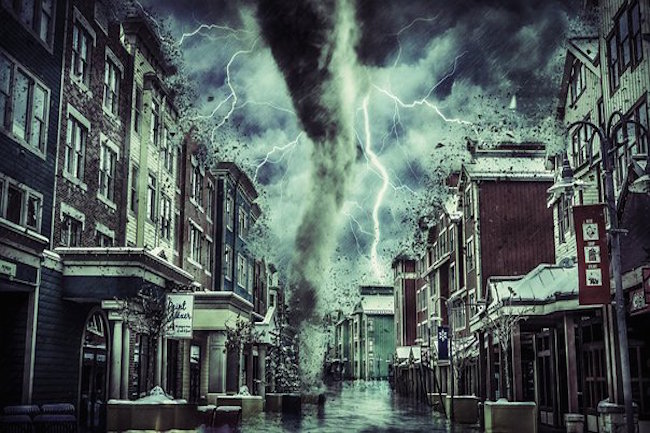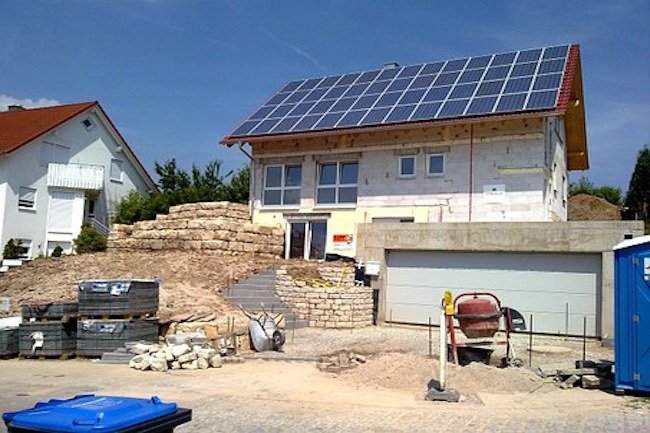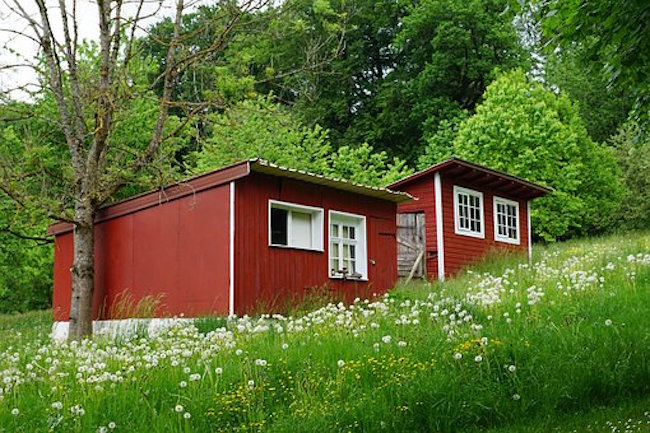Selco: How to Defend Your Home and Yourself When It All Goes Wrong by Selco for The Organic Prepper
GNN Note – If you’re not familiar with Selco, he lives in Bosnia and lived through the war / bombings during the Clinton regime. He lived, and still lives, in an urban setting and his story are always well worth your time.
******
Editor’s Note: Have you ever wondered how to defend your home and yourself if the SHTF? In this interview, Selco provides us with information from his personal experience during the occupation of Bosnia. There are many lessons we can learn from his experience. ~ Daisy
What was the most likely crime you would encounter when the SHTF?
Where there is no regular system of law and order you have different kinds of groups who impose that “law and order.” In reality, it is lawlessness or law of whichever group is stronger.
To add to that, when there is not any kind of “law” it is then a matter of a no-rules situation.
That means all kind of violence was there.
In reality, it worked on many different levels. For example, you form an armed neighborhood watch. We did, of some 15 people, in our street. Sometimes, in the middle of the of night, we were faced with a group of 50 men demanding something from us. For example, one was a group of people in uniform who stated that they were government forces and they wanted to check our neighborhood for whatever reason.
We could obey or fight or negotiate. All combination were tested over the time, and sad truth is that when SHTF for serious there is gonna be many different groups who will “represent” government (or law, or order or you name it). But in reality, it all comes down to who will outsmart who.
The most likely crimes were connected with resources because simply at that time and city there were not enough resources.
So it was about who owned how much (resources), and ways to take those resources from other folks.
It worked at a low level. For example, a few guys could kill you in the street and take your possessions, or on a bigger level – a local gang (if strong enough) could own your part of town and terrorize you and other folks by taking your stuff with brute force.
How did you make your home less desirable to criminals?
First, it was important where your home is, even in urban settings your house can be kinda “isolated” or stand in a way that it clearly “sticks out.” That was bad, and you could not change it.
Then it was important what period of SHTF we are talking about. At the starting period of SHTF, it was bad if your house was close to some objects that were interesting for looting, like malls, gas stations, police stations, or similar.
Generally speaking, it was better if your home (we are talking about in the city) was in the area where it was more packed with houses, simply because it was easier to blend in. Also, as the situation worsened we could use close houses too as they became destroyed or abandoned, which gave us more options, especially in terms of security.
The first level of making a home “less desirable” to criminals was simply blending in. I point it out very often as the most important thing in a home defense plan.
It may seem hard to understand why I point it out so much, but think about it this way:
In order to “pacify” and “own” a city, you need to have a huge military force, organized in a perfect way. Even then it is impossible to be safe in that city. There are many examples of that in modern history.
In my case, and in that SHTF, nobody really “owned” the city. There were many groups trying to accomplish that through different methods. But in reality and on the ground it was a situation where nothing was for sure.
As a result, most of the home invasions were a matter of opportunity. If attackers saw the opportunity they took it.
It was not a rule, but it was very often like that.
As a result, a good plan was not to be that opportunity.
In my case that meant we tried to keep our activities on a low level when it came to giving up information about resources in our home.
For example, if we needed to drag some bags of food home we did it so no one saw it. If we cooked something, sometimes even a nice smell could pose a possible danger.
In short, it was time to be quiet and look for danger.
For example, to transfer it to your world- if something serious happens there in your city do you want to be the only guy in the neighborhood running a generator? Or do you want to be only one who has a barbecue every night when SHTF?




